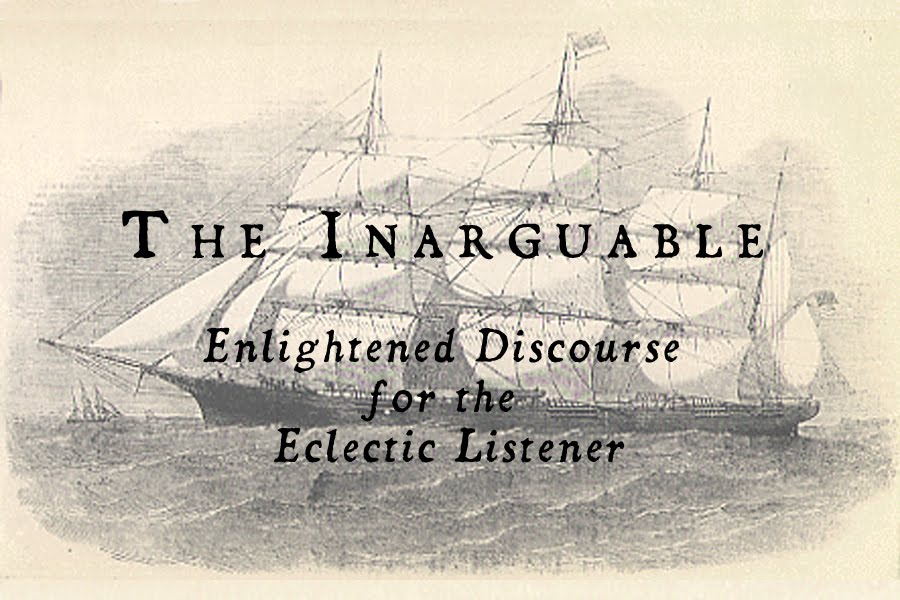It was only a matter of time until a modern music composition nerd would make his mark on black metal. Black metal's bombast, like many other genres, has manifested itself as an offshoot of Romantic classical music. Yes, many people fail to really notice it, but most modern music is still deeply rooted in composition techniques revolutionized by the likes Richard Wagner, Frederic Chopin, and Franz Liszt in the mid-to-late 1800s. Seeing as this approach to music is still rather broad and is comprised of an extensive array of techniques (which can be arranged in a seemingly infinite amount of combinations), we members of the modern age haven't really needed to expand into the realm of modern/avant-garde music in the way we treat Romantic and post-Romantic theory. However, a select few artists must not have gained true fulfillment with our "old ways" standards of popular music, leading to a new, scattered generation of artists the likes of Krallice, whose grandiose, Paul Hindemithian guitar counterpoint has been critically praised as some of the most innovative in metal-oriented music, and Ehnahre, a death/doom trio with roots buried deep in Bela Bartok and George Crumb's mathematical, "shaped" modern classical music.
Perhaps not as well known as the previously mentioned acts, Missouri musician and scholar Adam Kalmbach has been quietly producing a staggering amount of music, ranging from Stockhausen-inspired electronics to brain-bending black metal, under the name Jute Gyte. Now, it's only been eight months or so since I discussed the "extravagance" of Kalmbach's Verstiegenheit, and already he's released five full-length albums, including his fourth foray into black metal, the bizarre Impermanence.
I may have considered Verstiegenheit's intense, well thought-out polytonal guitar work and mathematically planned time signatures to be a challenging listen, but I never could have imagined the great lengths Kalmbach had planned to stretch "challenging" with his future works. Again featuring his now-signature "modern" guitar work, one will find Jute Gyte's Impermanence to have more in common with Russian composer Igor Stravinsky, whose ballet "The Rites of Spring" attained legendary status when it's opening performance incited a riot, than any other predecessor in black metal history. Unlike Verstiegenheit, it seems Kalmbach has chosen to stay away from odd time signatures, or has maybe ditched the idea of meter in general. Pulsing, industrial drums push the music forward, while jagged guitars spider their way about with phrasing so bizarre it seems more likely that Kalmbach completely through-composed these tracks, almost never returning to a previous idea. Elements of the non-metal Jute Gyte material has seemingly worked its way into Impermanence with the occasional added noise texture and the exceedingly strange use of lap steel slide guitar. Is this the beginning of the end for Jute Gyte's dichotomous existence as a noise and black metal artist? I certainly wouldn't mind seeing more fusion like this in future releases.
The care and rigorous attention to detail Kalmbach put into crafting such jarring, disjointed music while following the guidelines set forth by the modern masters is the sign of a well-studied "music nerd." As a music nerd myself (getting my degree certification in a little over a month), I wholeheartedly appreciate Adam Kalmbach's efforts with Jute Gyte, both as a scholar and a fan of music. However "intelligent" this music may be, I have a feeling fans of Vindsval's work with Blut aus Nord, especially the last two albums, will definitely take a shine to this. As it has been with every other Jute Gyte release, Impermanence is available for free from his Bandcamp, but you should probably buy this.
-Jon


Loved reading thhis thanks
ReplyDelete